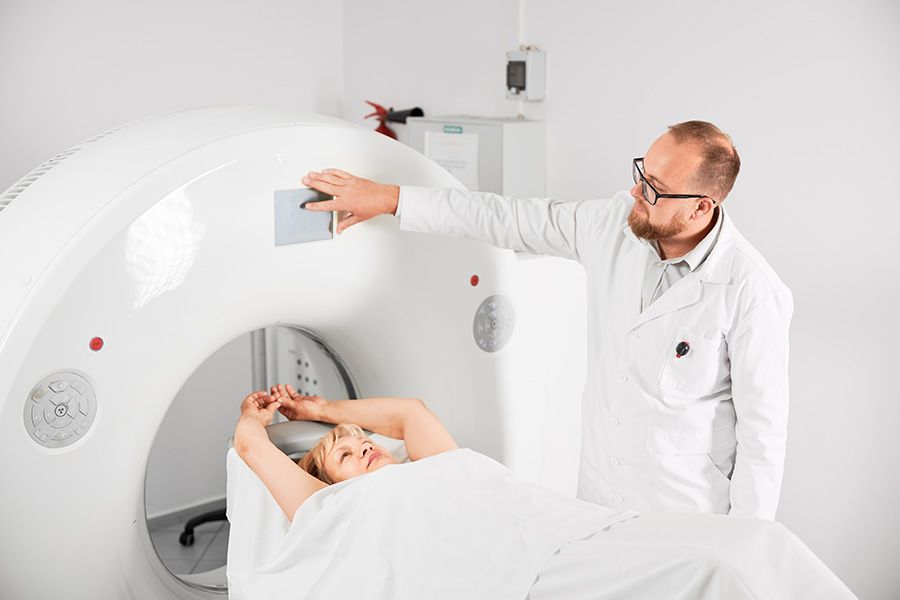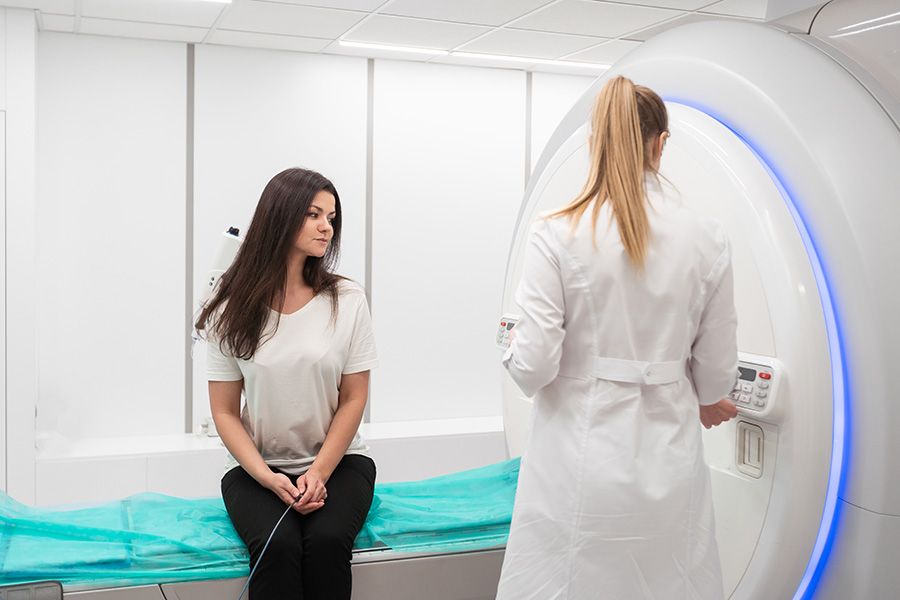Cardiac
Professional imaging to diagnose, treat, and management conditions of the heart.
Cardiac Services
Altus Medical Imaging provides comprehensive cardiac services aimed at diagnosing and managing cardiovascular conditions. Through advanced imaging technologies like echocardiology, cardiac MRI, and CT angiography, Altus offers precise evaluations of heart function, structure, and blood flow.
Our team of skilled cardiologists and technologists ensure accurate interpretation of results, aiding in early detection and treatment planning for patients with various cardiac concerns. Altus prioritises patient comfort and safety throughout the diagnostic process, contributing to improved patient outcomes and overall cardiovascular health.
Cardiac MRI
Cardiac Magnetic Resonance Imaging is a non-invasive imaging technique that provides detailed images of the heart’s structure and function.
Cardiac MRI offers clear visualisation of heart chambers, valves, blood vessels, and muscle tissue, facilitating diagnosis of conditions such as coronary artery disease, cardiomyopathy, and congenital heart defects. It assesses blood flow, heart function, and tissue viability, crucial for treatment decisions and evaluating interventions such as bypass surgery or cardiac catheterisation.
Preparation for a cardiac MRI typically involves fasting for several hours before the procedure to ensure clear images. Patients may also be asked to avoid certain medications or inform the healthcare provider of any implanted devices or metal in their body.
During a cardiac MRI procedure, the patient is asked to remove all metal objects such as jewellery or metal clothing components. The patient then lies inside a large, cylindrical magnet while radio waves and a magnetic field create high-resolution images of the heart.
This machine will capture chambers, valves, blood vessels, and muscle tissue, aiding in the diagnosis of various heart conditions such as coronary artery disease, cardiomyopathy, and congenital heart defects. It also evaluates blood flow, heart function, and tissue viability, guiding treatment decisions and assessing the effectiveness of interventions like bypass surgery or cardiac catheterisation.
A cardiac MRI typically takes 45 minutes to 1 hour to complete. However, the exact duration can vary depending on factors such as the complexity of the study, the patient’s condition, and any additional imaging sequences or contrast agents required for the examination.
After a cardiac MRI procedure, the images are reviewed by a radiologist or cardiologist to access the patients heart structure and function. The team at Altus Medical Imaging will then contact the patient to discuss the results.
Your results from the cardiac MRI includes detailed images of the heart’s structure and function, depicting chambers, valves, blood vessels, and muscle tissue with exceptional clarity. These images, along with quantitative measures provided from the images, aid in diagnosing various heart conditions and guide the treatment plans we provide for you.

CT Calcium Score
A CT calcium score is a diagnostic test that measures the amount of calcified plaque in the coronary arteries, indicating the extent of atherosclerosis or coronary artery disease.
Throughout the process, a computed tomography scanner generates precise heart images, measuring calcium deposits. These scores help assess the risk of future cardiac events such as heart attacks. Higher scores indicate more extensive plaque build-up and a greater risk of cardiovascular complications. CT calcium scoring is a valuable tool for early detection and risk stratification, guiding preventive measures and treatment decisions to reduce the risk of heart disease.
For a CT calcium score, typically, no special preparation is required. Patients may be asked to avoid caffeine and smoking before the procedure. However, it is essential to inform the team at Altus Medical Imaging of any relevant medical history or medications.
During this procedure, a computed tomography (CT) scanner produces detailed images of the heart, quantifying calcium deposits. These scores help assess the risk of future cardiac events such as heart attacks.
A CT calcium score typically lasts approximately 10 to 15 minutes. However, the exact duration may vary based on factors such as patient preparation and any additional imaging requirements.
After a CT calcium score procedure, the images are analysed by a radiologist or cardiologist to quantify calcium deposits in the coronary arteries. Results are then discussed with the patient by their healthcare provider, who may provide further recommendations based on the findings.
The report from a CT calcium score includes detailed images of the heart, highlighting calcified plaque in the coronary arteries. These images, along with a quantitative score, assist in assessing the extent of atherosclerosis and the risk of cardiovascular events, guiding preventive measures and treatment decisions.

CT Coronary Angiography
CT coronary angiography is a non-invasive imaging technique used to visualise the coronary arteries and assess for blockages or narrowing. During the procedure, a CT scanner captures detailed images of the heart and blood vessels after intravenous injection of contrast dye. These images allow for accurate assessment of coronary artery disease (CAD), including the presence, location, and severity of any blockages. CTCA is particularly useful for detecting early-stage CAD, evaluating chest pain of uncertain origin, and determining the need for further invasive procedures such as coronary angiography or intervention like stenting.
Before a CT coronary angiography, patients may need to fast for several hours. They should avoid caffeine and smoking. Informing the healthcare provider about any allergies, medical conditions, or medications is crucial for a safe and successful procedure.
During a CT coronary angiography, the patient lies on a table that moves through a CT scanner. Contrast dye is injected into a vein to enhance visualisation of the coronary arteries. Detailed images are obtained to assess for blockages or narrowing.
A CT coronary angiography typically takes roughly 10 to 30 minutes to complete. However, the exact duration may vary based on factors such as patient preparation and the complexity of the study.
After a CT coronary angiography, the images are analysed to assess the condition of the coronary arteries. The results are then discussed with the patient by the team at Altus Medical Imaging, who may provide further recommendations based on the findings.
Your report from a CT coronary angiography includes detailed images of the heart and coronary arteries, highlighting any blockages or narrowing. These images, along with quantitative measurements, assist in diagnosing coronary artery disease and guiding treatment decisions for the patient’s cardiovascular health.











